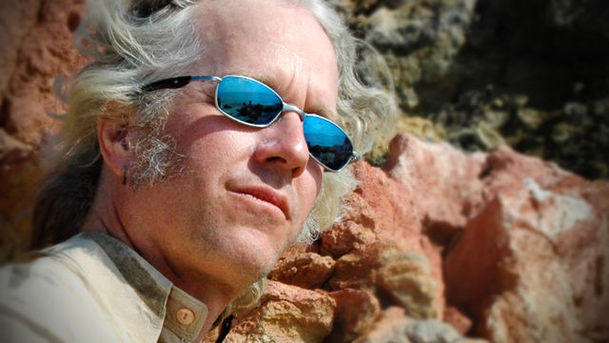World Routes - Argentina - The Humahuaca Valley

Banning Eyre heads into northwest Argentina, travelling through the provinces of Salta and Jujuy to hear the songs and carnival music of the Quebrada de Humahuaca, a mountain valley in the foothills of the Andes. Away from the Europe-centric metropolis of Buenos Aires, the northwest of Argentina is characterised by a history of invasion, where indigenous groups such as the Aymara and Coya were conquered first by Incas from the Altiplano, then by the earliest Spanish conquistadors in the 15th Century. The music of the Humahuaca valley is a mix of pan-pipes and end-blown flutes, frame drums and cow horns, mixed with guitars, accordions and mandolins; songs are sung in Spanish as well as Quechua, and the Virgin Mary is venerated alongside Pachamama. In the fertile Humahuaca valley Banning meets local musician Tomas Lipan, who tells stories of his childhood embarrassment at eating local foods and playing indigenous instruments, rather than eating spaghetti and playing guitar, and the cultural pressure he felt not to express his indigenous heritage. He sings with immense love of his hometown Purmamarca. Fortunato Ramos, poet, teacher, restaurant owner plays carnival music with his band in the town of Humahuaca, as well as the spectacularly long horn, the erquencho. Michaela Chauque is a young quena (end blown flute) player, who draws heavily on the ancestral music, and performs a song about the Pucara de Tilcara, a pre-Incan fortress, as well as singing Coplas from the Tilcara Carnival. Banning also discovers a mechanical Saint that delivers clockwork benedictions.